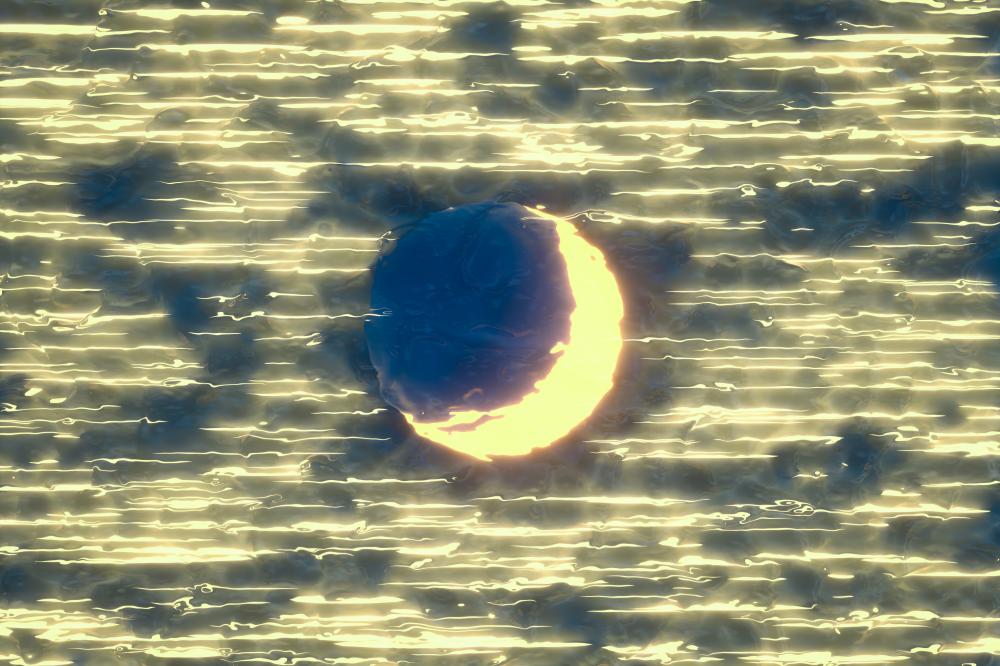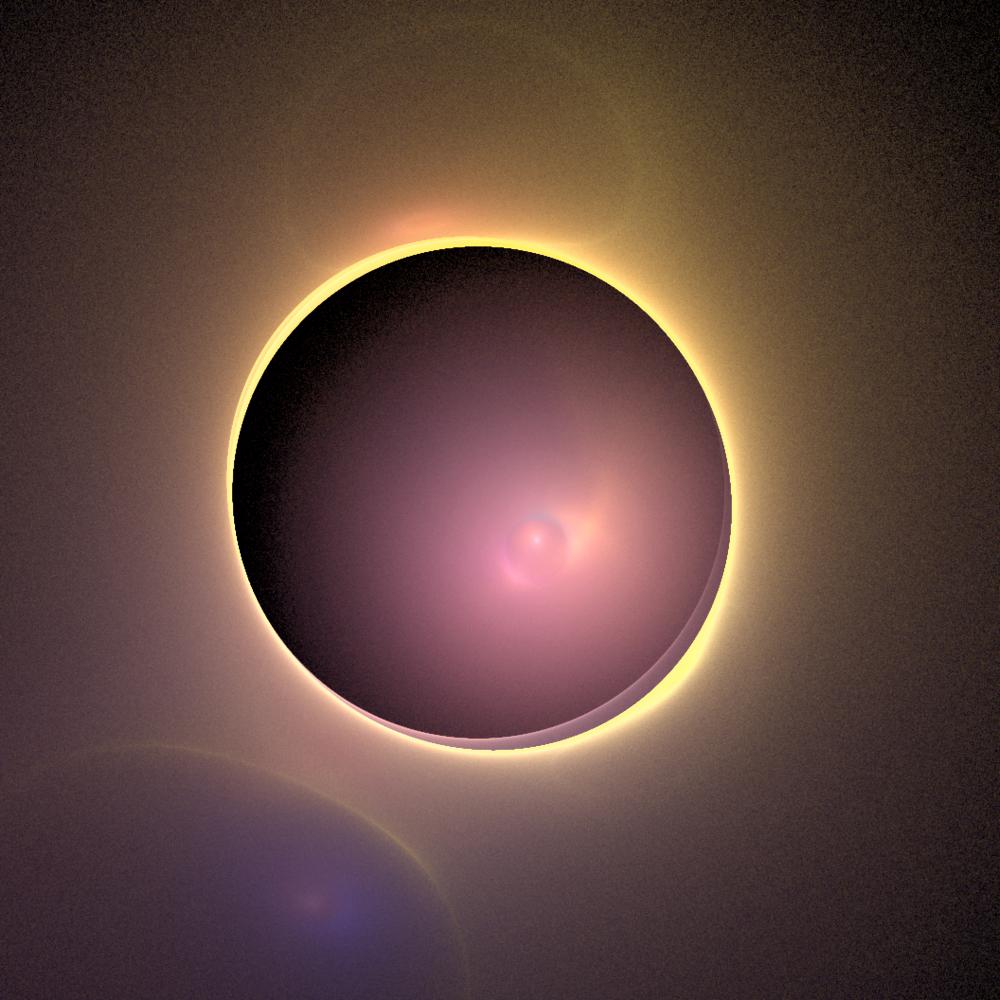
Understanding Eclipse Blinded
When a celestial event such as a solar eclipse graces our sky, it brings with it a sense of wonder and curiosity. However, the beauty of these events can be deceiving, particularly when it comes to the health of our eyes. At Sun Blindness Injury, we’ve seen firsthand the consequences of viewing solar eclipses without proper eye protection. Eclipse blinded, a condition more formally known as solar retinopathy, occurs when the retina is damaged from looking at the sun’s rays, a risk that significantly increases during an eclipse.
The Risk of Counterfeit Sunglasses
The marketplace is flooded with counterfeit sunglasses that claim to offer adequate protection against the sun’s harmful rays. Unfortunately, these substandard products often fail to meet the safety standards necessary to protect your eyes during a solar eclipse. The danger of using these counterfeit or incorrect sunglasses is not a matter to be taken lightly. Our organization has encountered numerous individuals who have suffered from eclipse blinded due to trusting these unreliable products.
Symptoms of Eclipse Blinded
Eclipse blinded can manifest through a variety of symptoms, some of which might not be immediately apparent. Victims may experience blurred vision, a central black spot in their vision, changes in how colors are perceived, or increased sensitivity to light. These symptoms can be alarming, and they underscore the importance of immediate medical attention and consultation with an ophthalmologist.
Seeking Justice
At Sun Blindness Injury, our commitment extends beyond raising awareness; we are dedicated to helping those affected by eclipse blinded seek justice. Through our partnership with experienced personal injury attorneys, we provide support to individuals in pursuing compensation for their medical expenses, suffering, and other damages incurred due to using faulty eyewear. Our step-by-step guide empowers victims to take swift action, beginning with a thorough eye examination and gathering evidence of the defective sunglasses.
Importance of ANSI Certification
One critical measure to prevent eclipse blinded is ensuring that your sunglasses carry the ANSI certification. This certification guarantees that the eyewear meets the American National Standards Institute’s requirements for effective UV and IR radiation protection. It’s a simple yet effective way to safeguard your eyesight during a solar eclipse or any other time you’re exposed to intense sunlight.
Personal Experiences
I recall a client who came to us after experiencing vision issues following a recent solar eclipse. Despite having worn what they believed were “eclipse glasses,” they were suffering from symptoms typical of eclipse blinded. This case, like many others, highlighted the dangers of counterfeit products and the crucial need for public education on this issue. Through our efforts, we were able to secure a settlement that covered their medical treatments and offered some solace in their time of distress.
Another aspect that’s often overlooked is the resilience of the human spirit. Despite facing challenges in their recovery, many individuals affected by eclipse blinded have shown remarkable strength and positivity. Their stories inspire us to continue our work and fight for better standards in protective eyewear.
Protecting Your Vision
Protecting your vision from the dangers of eclipse blinded is paramount. Here are a few practical tips:
- Always use ANSI-certified sunglasses for any direct observation of the sun, especially during a solar eclipse.
- Avoid using makeshift filters or looking at the sun through cameras, binoculars, or other optical devices without proper solar filters.
- Be cautious of purchasing eyewear from unreliable vendors, especially those that pop up around the time of an eclipse.
- Educate others about the risks of eclipse blinded and the importance of using certified protective eyewear.
The phenomenon of eclipse blinded serves as a stark reminder of the fragility of our eyesight and the importance of proper protection. At Sun Blindness Injury, we will continue our mission to support those affected, advocate for stricter safety standards, and educate the public on the importance of eye health. Remember, the awe-inspiring moment of witnessing a solar eclipse should not come at the cost of your vision.
By choosing the right protection and being aware of the risks, you can enjoy these celestial events safely and preserve your eye health for years to come. If you or someone you know has been affected by eclipse blinded due to faulty eyewear, don’t hesitate to reach out for support. Together, we can make a difference in the fight against unsafe eyewear and prevent further cases of eclipse blinded.

Has anyone gone blind from eclipse?
Yes, there have been cases where individuals have suffered varying degrees of vision loss, including partial or complete blindness, as a result of observing a solar eclipse without adequate eye protection. This condition, known as solar retinopathy, occurs when the intense solar radiation damages the retina’s delicate tissues. In our work at Sun Blindness Injury, we’ve encountered firsthand accounts of such injuries. While not everyone who looks at an eclipse will go blind, the risks of permanent damage are real and should not be underestimated. It’s a sober reminder that the beauty of a solar eclipse comes with a potential cost to one’s vision when proper precautions are not taken.
How do you know if you have eclipse blindness?
The symptoms of eclipse blindness or solar retinopathy can vary among individuals, but they commonly include blurred vision, a central black spot in one’s vision, changes in how colors are perceived, or increased sensitivity to light. These symptoms can manifest immediately or within a few hours after exposure to the sun’s rays without adequate protection. If you suspect you’ve been affected after viewing a solar eclipse, it’s crucial to seek immediate consultation with an ophthalmologist. Early diagnosis and treatment can sometimes mitigate the long-term impact on your vision.
Why is ANSI certification important in sunglasses?
ANSI certification serves as a hallmark of quality and reliability in protective eyewear. It indicates that the sunglasses have undergone rigorous testing to meet the American National Standards Institute’s criteria for effective UV and IR radiation protection. At Sun Blindness Injury, we stress the importance of using ANSI-certified sunglasses, especially during a solar eclipse, because they provide a level of protection that uncertified products simply cannot guarantee. Counterfeit sunglasses, lacking this certification, often fail to block harmful solar radiation, putting users at significant risk. When you choose ANSI-certified eyewear, you’re making a wise investment in your ocular health and safety.
What are the risks of counterfeit sunglasses?
Counterfeit sunglasses represent a grave threat to eye health because they may not offer the necessary UV protection, despite claims to the contrary. The risk becomes particularly acute during a solar eclipse when the sun’s rays can cause irreversible damage to the retina. Individuals who use these faulty products are often misled into believing they are protected, only to suffer consequences like eclipse blindness. Our experience has shown us the heartbreaking reality of those who have trusted these substandard glasses. It underscores a critical need for public education on the importance of verifying the authenticity and certification of eclipse glasses before use.
How can someone affected by eclipse blindness seek justice?
If you believe your eye injury was caused by defective or counterfeit sunglasses, seeking justice is a critical step not only for your personal vindication but also to prevent similar incidents from happening to others. At Sun Blindness Injury, we guide individuals through the process of pursuing compensation. This involves a thorough examination by an eye specialist to document the extent of the injury, gathering evidence of the defective product, and working with legal professionals specialized in personal injury claims. Our goal is to ensure that victims receive the compensation they deserve for medical expenses, suffering, and any other damages incurred. It’s a journey towards not just financial restitution but also raising public awareness about the dangers of inadequate eye protection.
What are practical tips for protecting your vision during a solar eclipse?
Protecting your vision during a solar eclipse is paramount, and the good news is, it’s entirely preventable with the right precautions. First and foremost, always use ANSI-certified sunglasses specifically designed for solar viewing. Avoid makeshift filters, such as smoked glass or exposed film, as they provide no protection against UV radiation. Also, be wary of purchasing eyewear from vendors that appear only around the time of an eclipse; these products can be counterfeit and lack the necessary safety features. Educating others about these risks is equally important; share your knowledge and help create a community that prioritizes eye safety. Remember, no celestial event is worth jeopardizing your precious sight.
Additional Resources
- American Optometric Association – The American Optometric Association provides valuable information on eye health, including the dangers of solar retinopathy and the importance of protecting your vision during solar eclipses.
- Centers for Disease Control and Prevention (CDC) – Healthy Vision Month – The CDC’s Healthy Vision Month initiative offers resources and tips for maintaining eye health, including guidance on solar eclipse safety.
- National Eye Institute (NEI) – The NEI conducts research on eye diseases and offers educational resources on eye health, including information on solar retinopathy and how to prevent it.
- American Optometric Association Foundation – The American Optometric Association Foundation focuses on public health initiatives related to eye care, including educating the public on the risks of counterfeit eyewear during solar eclipses.